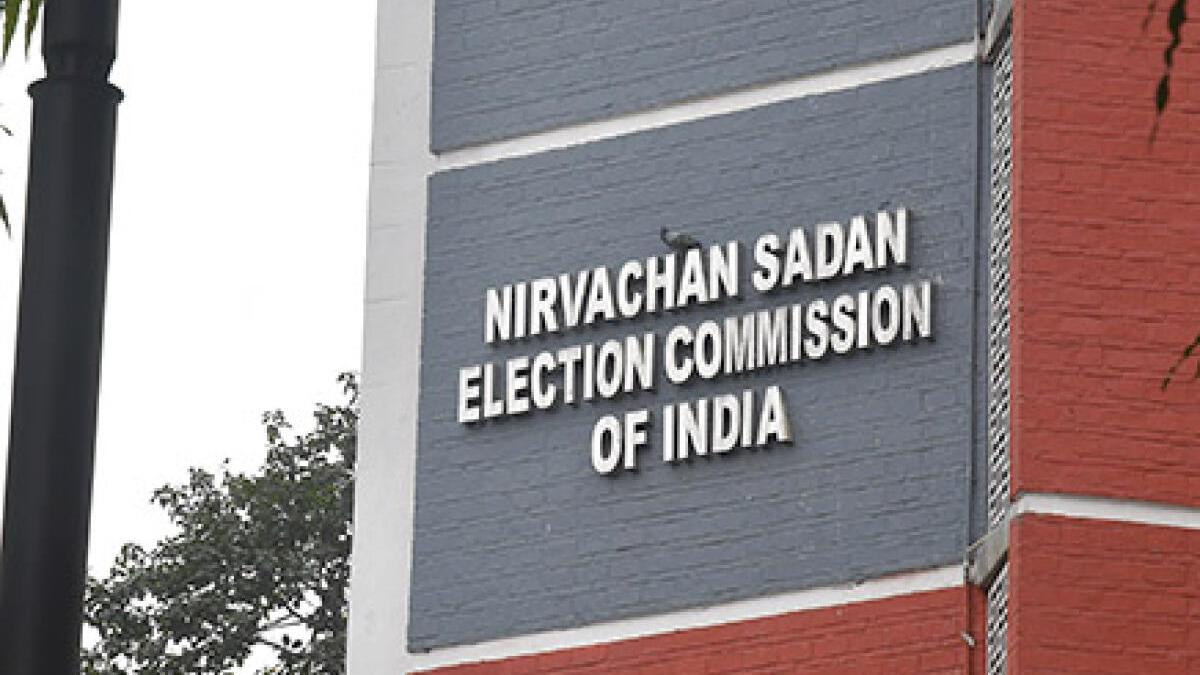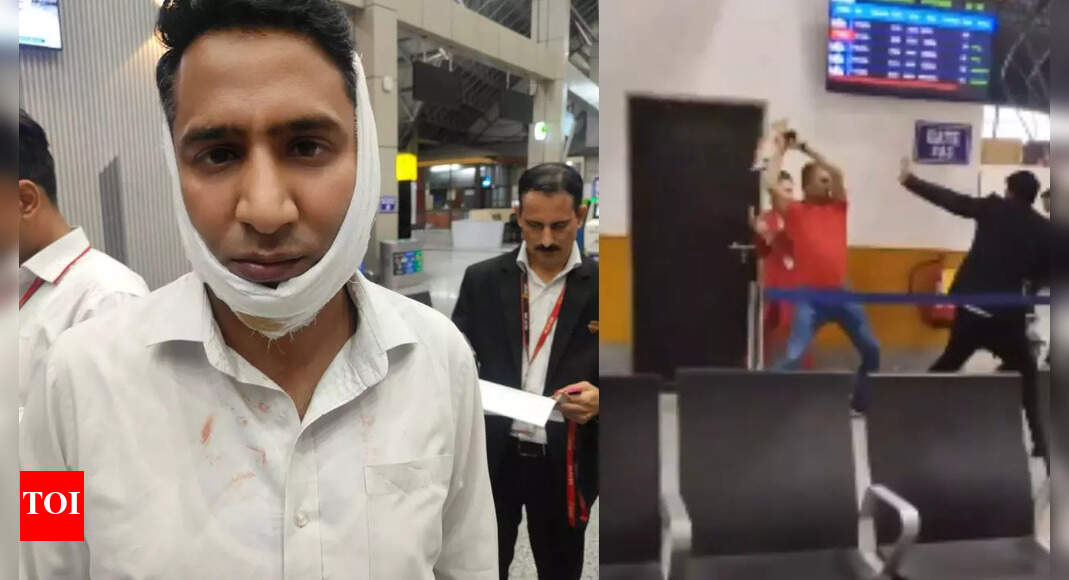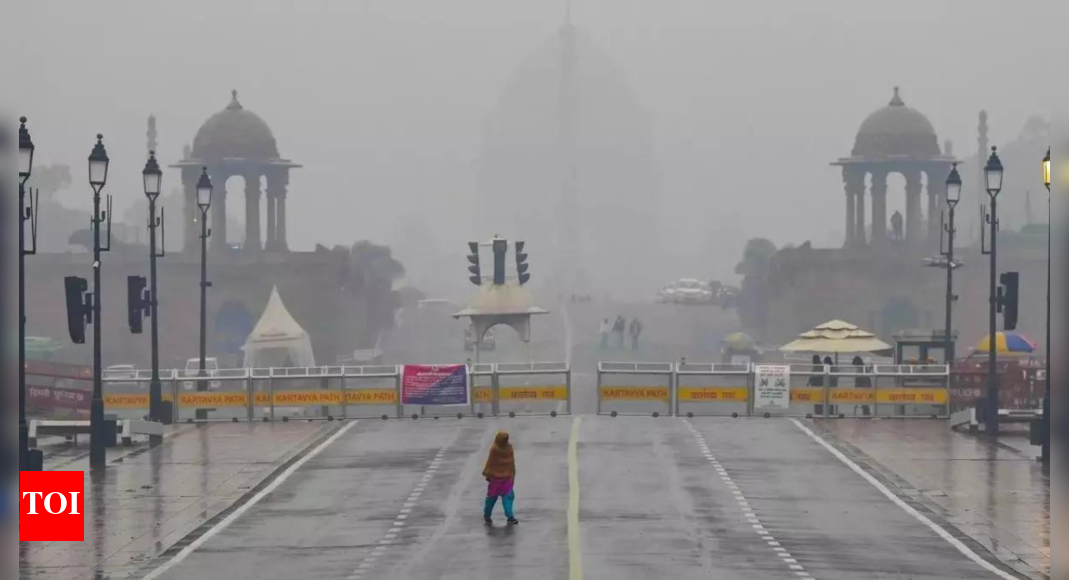
Israel Ambassador to India Reuven Azar. File
| Photo Credit: The Hindu
Israel is coordinating with the Indian Embassy in Tel Aviv to help those wanting to leave the country amid airstrike exchanges between Iran and Israel, said Israel’s Ambassador to India Reuven Azar. While India has so far not announced a plan to evacuate most citizens from either country, the government is encouraging them to move away from major cities that will face the brunt of the military action. Iran has retaliated to Israel’s strikes, on Iranian nuclear installations on June 13 and other military targets, with a barrage of strikes on several Israel cities, ports, military and research installations.
“We are now starting to organise through [Israel’s] Ministry of Transport, evacuation commutes for diplomats and foreign citizens that want to leave. There are a few options for this, both terrestrial and maritime, and we are discussing these [with Indian authorities as well],” Mr. Azar told journalists here. According to officials, the land routes via the Allenby Bridge/King Hussein Bridge to Jordan, as well as over the Eilat-Taba border crossing to Sharm el Sheikh in Egypt are operational, while cruise ships to Cyprus from Israeli ports at Haifa and Ashdod may be another possibility.
Israel-Iran conflict LIVE updates
In a briefing detailing Israel’s claims that it attacked Iran “pre-emptively” to avoid an “imminent” attack by Iranian forces that were poised to develop nuclear weapons, Mr. Azar said the Israeli government had reached out to partners, including India, to explain its actions.
In a post about his phone call with Israeli Prime Minister Benjamin Netanyahu, Prime Minister Narendra Modi said he had shared India’s “concerns” with him and called for the early restoration of peace and stability in the region.
When asked by The Hindu if New Delhi had expressed specific concerns with regard to the attacks on Iranian nuclear installations, including the facilities at Natanz and Isfahan that the IAEA had criticised, Mr. Azar said India’s concerns were restricted to stability in the region.
Meanwhile, International Atomic Energy Agency (IAEA) chief Rafael Grossi said the strikes were “deeply concerning”, adding that “nuclear facilities must never be attacked, regardless of the context or circumstances”. “Such attacks have serious implications for nuclear safety, security and safeguards, as well as regional and international peace and security,” Mr. Grossi said.
Mr. Azar said, “For a country like India that is a rapidly rising power, any disturbance to world peace is detrimental to the national interest. So it’s very natural that India will be concerned. We understand those concerns and try to ameliorate what we can.”
“We are going to continue our dialogue with the IAEA in order to assess the situation and see how we can continue attacking, because we have to attack, but at the same time to minimise casualties,” he added.
Mr. Azar expressed Israel’s “appreciation” for India’s decision to break with other members of the Shanghai Cooperation Organisation for a statement that had condemned Israel’s attacks. He also dismissed questions about whether the Israeli government had lost bipartisan support in India, given criticism from the Congress about its bombardment of Gaza and the attack on Iran.
“I engage equally with people from all parties and all regions of India,” Mr. Azar said, adding that he remains in touch with “very prominent people” at the Congress party. “Sometimes people are more critical of you. It doesn’t mean that they are not your friends. They have concerns,” he added.
Published – June 17, 2025 09:29 pm IST




